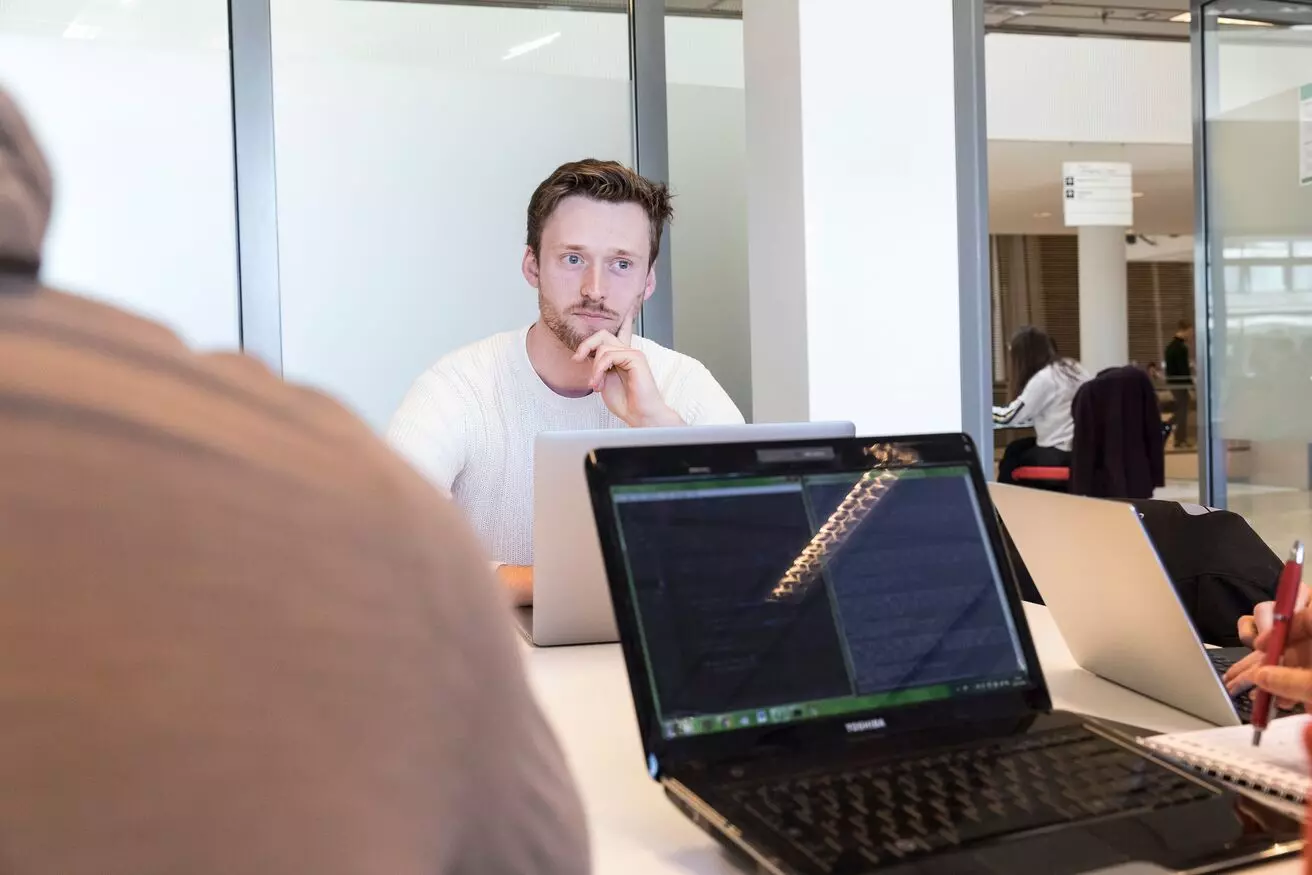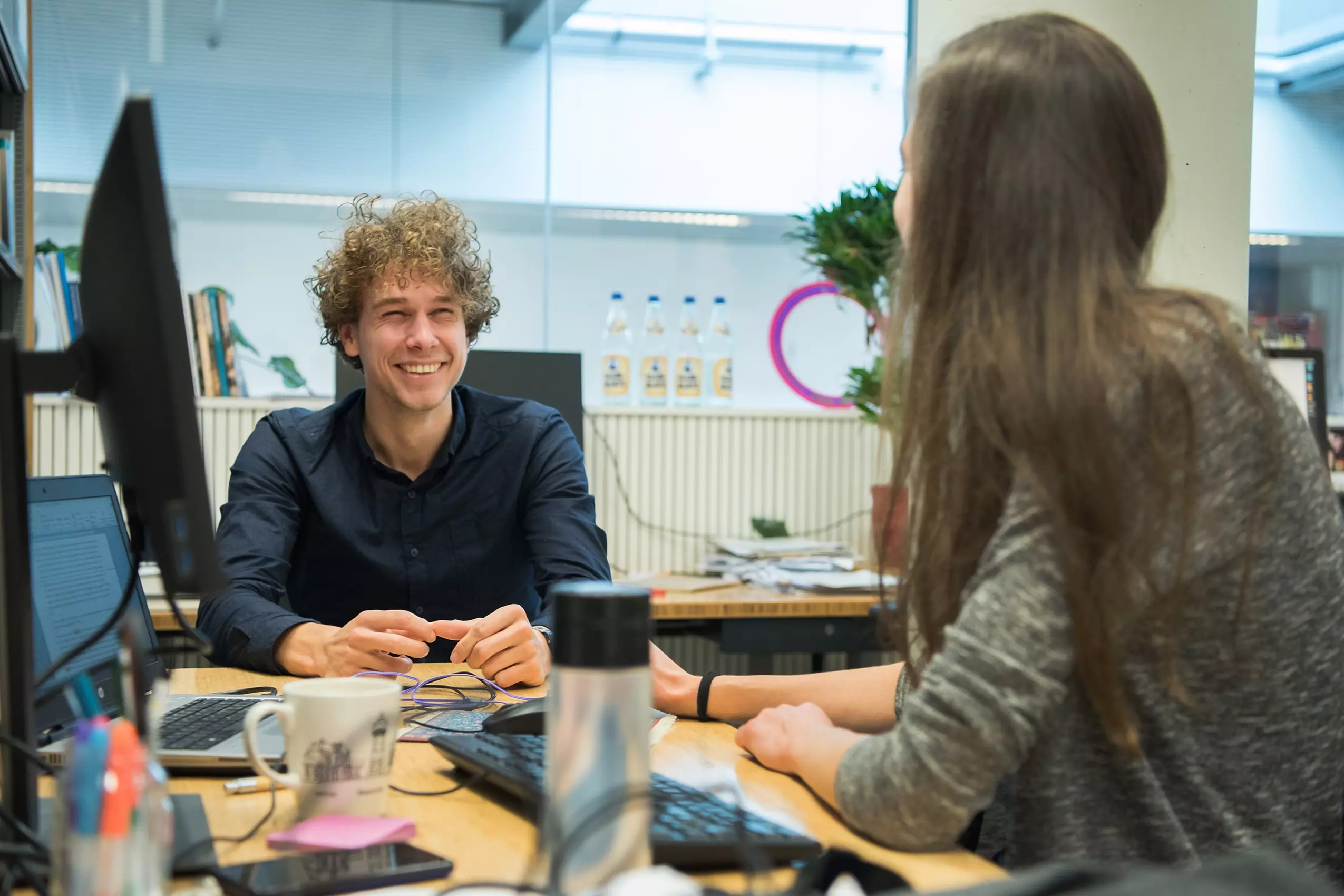Not found

More vacancies

PhD position in Memory under Stress: Role of Engram Cells
- Faculty of Science
- €2.901 - €3.707
- Closes on22-08-2025
- Master's
- 38 hours
Are you fascinated by understanding fundamental neurobiological processes in the context of stress and cognition? Are you intrigued to learn more about how stress can either disturb or amplify memories? Do you enjoy working in a lab and applying state-of-the-art techniques on in vivo animal models? Then this position might be perfect for you! We are looking for a highly qualified and motivated PhD candidate to conduct research activities aimed at unravelling the impact of stress on memory and memory generalization. This project has been funded by NWO.
View vacancy

PhD Position in Emergent Phases in Quantum Matter: Experiment
- Faculty of Science
- €2.901 - €3.707
- Closes on31-08-2025
- Master's
- 38 hours
Are you an experimental physicist interested in quantum materials and close collaboration with theoretical physics? Would you enjoy working as part of an interdisciplinary consortium researching emergence in physics across scales spanning sixty orders of magnitude? Are you keen to learn how to connect your research to the general public via cool festivals and collaborations with artists? If so, then this may be the right job for you!
View vacancy
.jpg)
PhD Position in Molecular Engineering of MOFs for Selective Methane Oxidation
- Faculty of Science
- €2.901 - €3.707
- Closes on31-08-2025
- Master's
- 38 hours
Do you have a passion for catalysis, materials chemistry, and sustainable technologies? The Reactions in Confined space group, led by Assistant Professor Bettina Baumgartner at the University of Amsterdam HIMS, is looking for a PhD candidate to develop novel iron-based MOFs for the room-temperature conversion of methane to methanol—advancing green chemistry through materials design and understanding reaction mechanisms using spectroscopy.
View vacancy
This website uses cookies
We, and third parties, use cookies on our website. We use cookies to ensure that our website functions properly, to store your preferences, to gain insight into visitor behavior, but also for marketing and social media purposes (showing personalized advertisements). By clicking 'Accept', you agree to the use of all cookies. In our Cookie Statement. you can read more about the cookies we use and save or change your preferences. By clicking 'Refuse' you only agree to the use of functional cookies.
